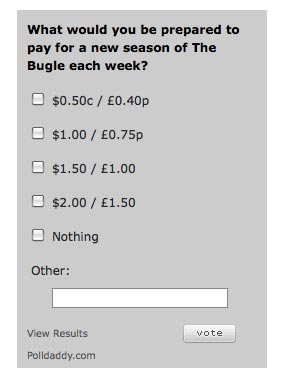Guardian News and Media announced today that it will abandon the distribution of ‘bulks’.
GNM sold ‘bulk’ bundles of its papers to hotels and airlines for a nominal fee per copy to the businesses, but free to the readers. This sampling method was a way of tempting new readers towards the publications.
But bulk sales only contributed to a fraction of the Guardian and Observer’s overall sales figures compared to other newspaper groups, said a release from GNM.
“To a greater or lesser degree bulk sales are used by newspaper groups to prop up their ABC [Audit Bureau of Circulations] figure. Yet their credibility in the ad community is low and for those affected by the recent investigation into airline bulks that credibility has been undermined further,” Joe Clark, GNM director and general manager, newspapers, said in the release.
“We are abandoning this practice in order to present a clearer, more honest picture of our sales performance to advertisers and to reinforce the quality of our product to readers. The success of our subscription scheme has proved the value of rewarding loyal readers and prompted us to question the merit of subsidising a free copy for an occasional reader.
“In short dropping this traditional, and in our view, outmoded practice is a win-win move. We hope that others will follow our lead.”
On Guardian.co.uk, Roy Greenslade celebrated the decision after a 10-year battle to convince the papers to drop the bulks.
“This so-called ‘sampling exercise’ was anything other than a way to ensure that, in a declining market, headline sales figures remained artificially high,” he wrote.
Over the past 10 years publishers have become increasingly aware that sampling had little effect on their sales.
As Greenslade reports: Trinity Mirror and Express Mirrors were the first to give up the practice, while News International never used bulks for its main titles, The Sun and News of the World, but did for The Times and The Sunday Times.
The Financial Times has also begun to lessen its use of bulks; whereas The Telegraph Media Group continues to use bulks to attract new readers, he adds. In addition The Daily Mail and Mail on Sunday have increased their reliance on bulks.
